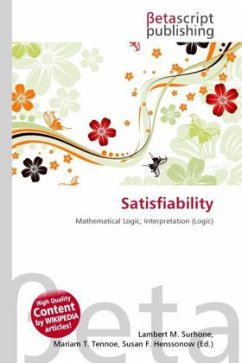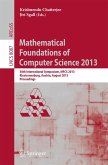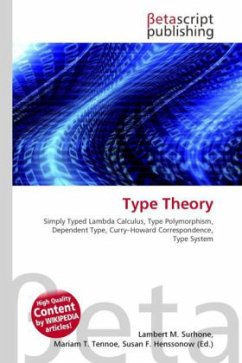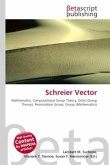In mathematical logic, satisfiability and validity are elementary concepts concerning interpretation . A formula is satisfiable with respect to a class of interpretations if it is possible to find an interpretation that makes the formula true. A formula is valid if all such interpretations make the formula true. These notions can be relativised to satisfiability and validity within an axiomatic theory, where we count only interpretations that make all axioms true. The negations of the concepts are unsatisfiability and invalidity, that is, a formula is unsatisfiable if none of the interpretations make the formula true, and invalid if some such interpretation makes the formula false. These four concepts are related to each other in a manner exactly analogous to Aristotle's square of opposition. The four concepts can be raised to apply to whole theories: a theory is satisfiable (valid) if one (all) of the interpretations make(s) each of the axioms of the theory true, and a theory isunsatisfiable (invalid) if all (one) of the interpretations make(s) each of the axioms of the theory false.
Bitte wählen Sie Ihr Anliegen aus.
Rechnungen
Retourenschein anfordern
Bestellstatus
Storno








